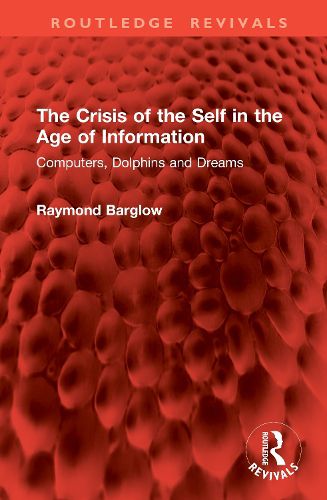Readings Newsletter
Become a Readings Member to make your shopping experience even easier.
Sign in or sign up for free!
You’re not far away from qualifying for FREE standard shipping within Australia
You’ve qualified for FREE standard shipping within Australia
The cart is loading…






First published in 1994, in The Crisis of the Self in the Age of Information Raymond Barglow shows how contemporary technological environment furnish the unconscious with internal objects that hark back to a time in our lives prior to personal boundary formation and identity. The consequence is that our technological involvements help to disrupt and dismantle the ideal of the unified and sovereign self that in the past technology fostered.
Throughout the book Raymond Barglow interweaves critical theory and psychoanalysis with an examination of artistic representations, media imagery and dreams to explore the conflictual dynamics of contemporary self-information and self-representation. This book is an important work for scholars and researchers of philosophy, psychoanalysis, and clinical psychology.
$9.00 standard shipping within Australia
FREE standard shipping within Australia for orders over $100.00
Express & International shipping calculated at checkout
First published in 1994, in The Crisis of the Self in the Age of Information Raymond Barglow shows how contemporary technological environment furnish the unconscious with internal objects that hark back to a time in our lives prior to personal boundary formation and identity. The consequence is that our technological involvements help to disrupt and dismantle the ideal of the unified and sovereign self that in the past technology fostered.
Throughout the book Raymond Barglow interweaves critical theory and psychoanalysis with an examination of artistic representations, media imagery and dreams to explore the conflictual dynamics of contemporary self-information and self-representation. This book is an important work for scholars and researchers of philosophy, psychoanalysis, and clinical psychology.